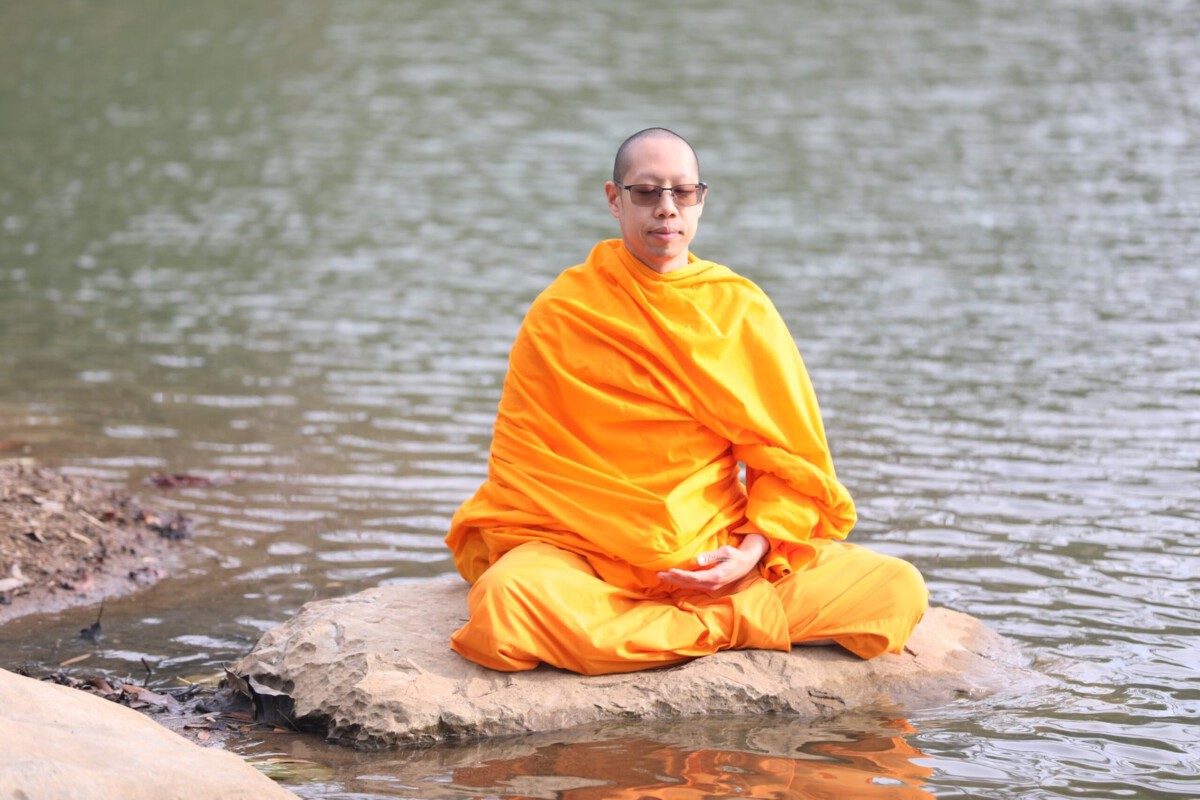Understanding Spiritual Travel

Spiritual travel isn’t just another travel trend—it’s a global movement that’s quietly reshaping how people approach their vacations and even their lives. More and more, travelers are looking for experiences that go beyond sightseeing and shopping. They want journeys that offer deeper meaning, healing, and a chance to reconnect with themselves. This desire for personal transformation has fueled a boom in spiritual tourism. The Global Wellness Institute reported in 2022 that wellness tourism could reach a skyrocketing $1.2 trillion by 2027. This shows just how many people are seeking something more from their travels—something that nurtures the soul as much as the body. Spiritual travel can include everything from visiting ancient temples to silent meditation retreats or even hiking sacred mountains. For many, it’s an answer to the stress and chaos of today’s fast-paced world, offering moments of rare calm and clarity.
Popular Destinations for Spiritual Travel

Certain places around the world have become magnets for spiritual seekers. India is perhaps the most famous, with cities like Rishikesh and Varanasi drawing thousands of visitors hoping to explore yoga, meditation, and centuries-old spiritual traditions. Thailand’s Koh Phangan island has also gained international fame for its wellness retreats and holistic healing centers. Bali, Indonesia, with its lush rice fields and serene temples, offers a unique blend of spirituality and natural beauty that’s hard to resist. Each of these destinations is more than just a picturesque backdrop—they are places where ancient wisdom and modern wellness meet. People come not just for the landscapes, but for the promise of transformation. These hotspots provide programs, communities, and environments designed to help visitors find balance, peace, and perhaps a fresh perspective on life.
The Role of Yoga and Meditation

Yoga and meditation are at the very heart of spiritual travel, acting as the main draw for many globetrotters seeking zen abroad. These practices help travelers unplug from daily stress by encouraging mindfulness, physical movement, and inner stillness. A study in the Journal of Alternative and Complementary Medicine found that regular yoga can significantly reduce anxiety and stress—effects that many travelers are seeking. Retreats often offer daily yoga classes under the guidance of experienced teachers, sometimes overlooking breathtaking landscapes. Meditation sessions can be deeply transformative, allowing participants to tune into their thoughts and emotions in ways they might never have at home. These immersive experiences are not just about fitness or relaxation; they are about fostering a deeper sense of awareness and connection, both inward and outward.
Retreats and Workshops

Retreats and workshops have become essential features in the landscape of spiritual travel. These programs create safe, nurturing spaces where people can focus on their personal growth, guided by experienced facilitators. Some retreats last just a weekend; others may stretch on for several weeks, allowing for a truly immersive escape from daily routines. The Insight Meditation Society in Massachusetts, for example, hosts retreats that attract people from all over the world, offering them a chance to practice mindfulness in a structured and supportive environment. Workshops often include group meditations, lessons on spiritual philosophy, and opportunities for deep reflection. Many participants leave with new friendships, a sense of community, and life lessons that stay with them long after the trip ends.
The Influence of Technology

Technology has changed nearly every aspect of travel, and spiritual tourism is no exception. Social media platforms like Instagram and Facebook have become powerful tools for spreading the word about transformative retreats and sacred destinations. According to a survey by Booking.com, 61% of travelers are influenced by social media when planning their trips. This means that seeing a friend’s photo from a yoga retreat in Bali or a meditation session in a Thai jungle can inspire others to embark on their own spiritual journeys. Online communities also make it easier to connect with like-minded individuals, book retreats, and share experiences. Technology, in this sense, acts as both a guide and a motivator, helping people find the right experiences that match their spiritual goals.
Eco-Conscious Spiritual Travel

There is a growing awareness among spiritual travelers about the impact of their journeys on the planet. More people are choosing eco-friendly options—think solar-powered retreat centers, organic food, and activities that support conservation. The United Nations World Tourism Organization has projected that sustainable tourism will grow by 25% in the coming decade, a sign that travelers want their spiritual experiences to align with their values. Many retreats now prioritize sustainability, offering programs that emphasize respect for the earth and local cultures. This shift is about more than just “going green”—it’s about honoring the interconnectedness of all life, a core principle in many spiritual traditions. By choosing eco-conscious travel, spiritual seekers are making a statement about what matters most to them.
The Benefits of Spiritual Travel

People who embark on spiritual journeys often report profound changes in their mental and emotional well-being. According to a University of California study, those who travel for spiritual reasons experience higher levels of happiness, creativity, and life satisfaction compared to typical tourists. Stepping outside the comfort zone, meeting new people, and engaging in deep inner work can lead to lasting shifts in perspective. Many travelers find that the benefits go far beyond the trip itself—they return home feeling rejuvenated, inspired, and more grounded. Spiritual travel is not just about escape; it’s about transformation and returning to daily life with a renewed sense of purpose.
Challenges in Spiritual Travel

While the rewards are great, spiritual travel is not without its hurdles. Travelers may face culture shock, language barriers, or confusion about local customs and practices. Another challenge is the increasing commercialization of spiritual experiences, with some retreats and programs prioritizing profit over authenticity. This can make it hard for seekers to find genuine, meaningful experiences. There’s also the risk of feeling isolated or overwhelmed, especially when traveling alone or undertaking intensive inner work. It’s crucial for travelers to do thorough research, ask questions, and trust their intuition when choosing spiritual journeys. Seeking recommendations from trustworthy sources or previous participants can help avoid disappointment and ensure a fulfilling experience.
Future Trends in Spiritual Travel

The landscape of spiritual travel is continually evolving, with new trends emerging every year. One of the most notable is the rise of digital detox retreats, where participants hand over their phones and electronic devices to fully immerse themselves in the present moment. There’s also a growing demand for personalized experiences—tailor-made programs that cater to individual spiritual needs and preferences. Some retreats are now blending ancient wisdom with modern science, offering workshops on everything from mindfulness-based stress reduction to plant-based nutrition. As more people prioritize wellness and mental health, spiritual travel is poised to remain a powerful force in the tourism industry.
Spiritual Communities and Connection

A significant part of spiritual travel is the sense of community that develops among participants. In a world where loneliness is a growing concern, especially in big cities, these retreats provide a space to form authentic connections. Sharing experiences, struggles, and insights with others who are on similar journeys can be deeply healing. Many travelers stay in touch long after their trip, creating networks of support and friendship that span continents. These communities often become a source of inspiration and encouragement, helping individuals maintain their spiritual practices even after returning home. The bonds formed during spiritual travel can be as transformative as the practices themselves.
Mindful Adventure and Pilgrimage

For some, spiritual travel takes the form of a pilgrimage—walking ancient routes, visiting historical temples, or participating in traditional ceremonies. These journeys are not about speed or comfort; they are about intention and presence. Walking the Camino de Santiago in Spain or trekking to Bhutan’s Tiger’s Nest Monastery are examples of pilgrimages that combine physical effort with spiritual discovery. These adventures can be challenging, requiring stamina and patience, but they also offer a unique blend of mindfulness and adventure. Each step becomes a meditation, each moment an opportunity for insight and growth. Pilgrimages remind travelers that the journey itself, not just the destination, can be a source of profound transformation.







